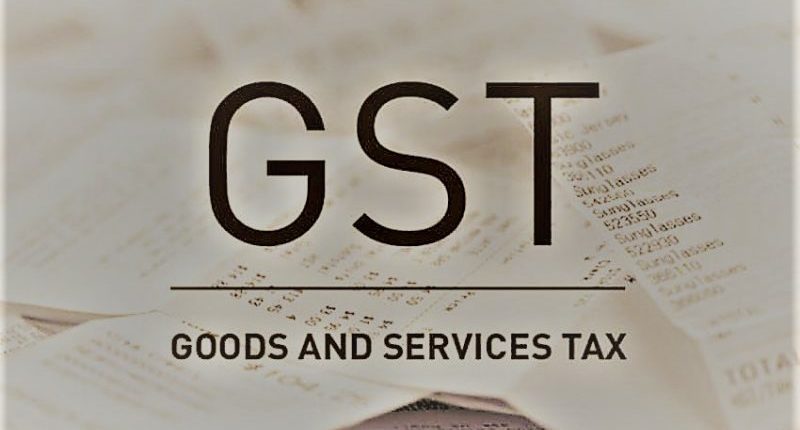The Central Board of Indirect Taxes and Customs (CBIC) Chairman Shri Vivek Johri spoke at a recently held FICCI’s virtual session about the Union Budget 2022 outcome.
He pointed out that some of the Customs law amendments announced in the Budget 2022 are headed to support Make in India, simplification for MSMEs and ease of exports. These include simplifying the customs tariff structure, eliminating 500 exemptions from the customs tariff, and customs duty rate rationalisation.
In another interview with a well-known media house, Shri Vivek Johri clarified a few aspects of crypto taxation corner cases under GST and customs duty on project imports.
When asked how the new tax code on virtual digital assets favours the CBIC, he stated that information exchange could accelerate identifying the tax base. It will help them know that operators liable to pay income tax on crypto transfers would also be liable under GST.
He further clarified that the GST law is clear about tax treatment on crypto exchange services. The commission collected by the exchanges will attract GST as it is within the scope of services under the GST law.
As far as international transactions are concerned, Shri Vivek Johri asserted that a resident Indian transacts in crypto or digital assets on exchanges located outside India. He confirmed that the place of supply in such transactions would be India since the recipient of service is within the country. Accordingly, the recipient must pay taxes on a reverse charge instead of the exchanges.
On the other hand, the CBIC Chairman also clarified a few matters on the customs duty levy. He pointed out that through Budget 2022, about 400 odd exemptions were scrapped. However, project import as an entry is not withdrawn. He opined that many of them were redundant or less utilised after public consultation and deep analysis. He noticed that the exemption benefit for many items was not going out to the proper beneficiaries.
Once the Finance Bill 2022 gets cleared, many unconditional exemptions built directly into the customs tariff schedule will be removed. The Chairman pointed out that users found it challenging to navigate between the customs tariff schedule and the exemption notifications to find the applicable rate for an item.
The CBIC has revised the rules on importing goods at concessional duty, and they have simplified the procedures using automation. A user of an end-based exemption can file an online intimation for automatic notification to the Customs authorities.
Automatic debit is done on the system for every import to provide visibility to the importer and the customs authority about the import volume under the exemption. Ultimately, the taxpayer can find their returns auto-populated with most of the details for easy filing. Earlier, there was a disconnect at every stage of the import process due to the time lag in communication.
Shri Vivek Johri also clarified that project import is not being withdrawn as an entry. Accordingly, businesses importing goods required for a single project at a uniform duty rate shall continue.
For any clarifications/feedback on the topic, please contact the writer at annapoorna.m@cleartax.in
Annapoorna, popularly known as Anna, is an aspiring Chartered Accountant with a flair for GST. She spends most of her day Singing hymns to the tune of jee-es-tee! Well, not most of her day, just now and then.





